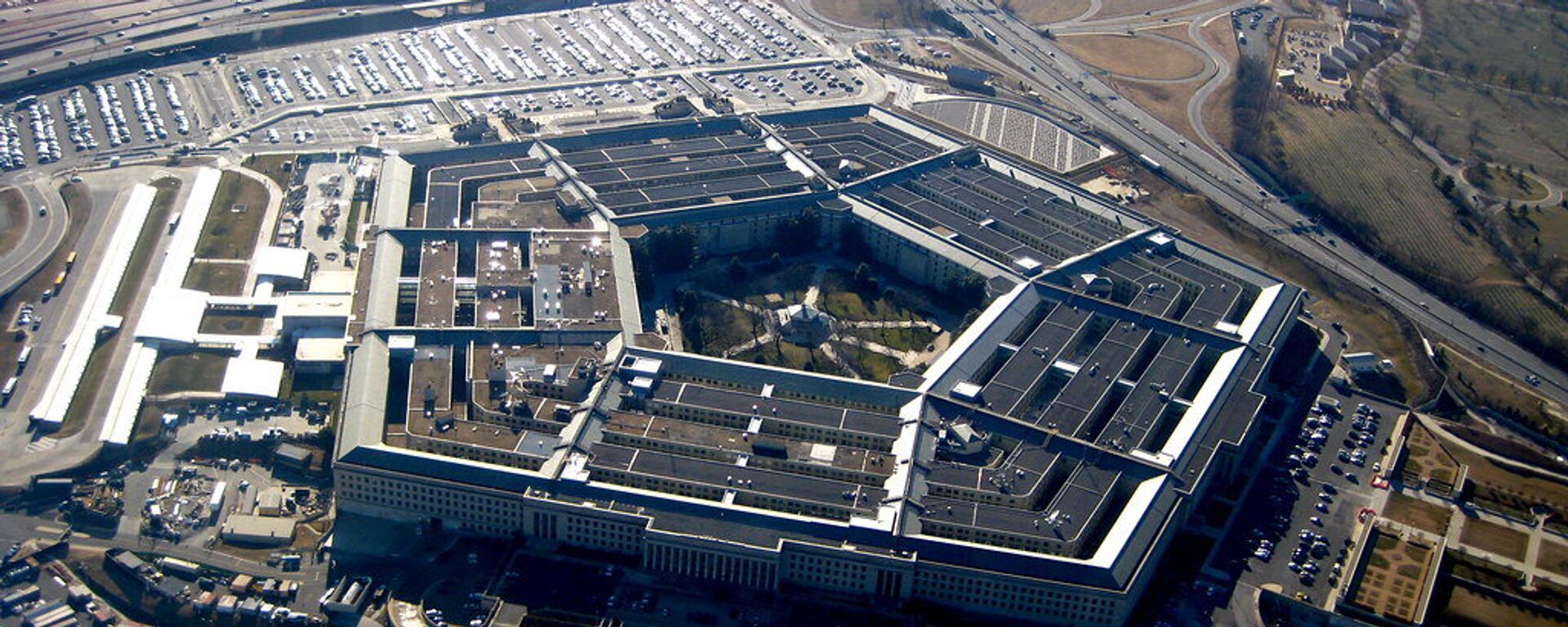https://en.sputniknews.africa/20230718/mail-to-mali-us-army-reportedly-sends-confidential-emails-to-africa-1060612537.html
Mail to Mali: US Army Reportedly Sends Confidential Emails to Africa
Mail to Mali: US Army Reportedly Sends Confidential Emails to Africa
Sputnik Africa
The discovery was revealed to the media by a Dutch entrepreneur who held a contract to manage Mali's national web domain for ten years. He reportedly amassed a... 18.07.2023, Sputnik Africa
2023-07-18T16:24+0200
2023-07-18T16:24+0200
2023-07-18T16:24+0200
sub-saharan africa
mali
west africa
leak
united states (us)
pentagon (us department of defense)
https://cdn1.img.sputniknews.africa/img/07e7/07/12/1060613730_0:73:2048:1225_1920x0_80_0_0_4d6840fd0c92f105676bdbd9fd601c87.jpg
The US military has been sending letters to Mali for years due to a typo, British media has reported.The typo was rooted in similar domains: the US Army has a ".mil" domain, while in Mali, mail ends with the suffix ".ml".According to the media, the e-mails included medical records, maps of US military installations, financial records and official travel planning documents, as well as some diplomatic messages.Dutch internet entrepreneur Johannes Zuurbier has contacted US authorities to alert them to the leak, saying his contract with the Malian government will soon expire.The Pentagon spokesperson responded to British media that they are aware of the situation and are taking steps to address it.Earlier in April, the Pentagon began investigating the leak of materials to social media networks describing the state of Ukrainian troops and US and NATO plans to strengthen them.The US media claimed that more than 100 documents could have been leaked onto the internet, and the damage caused by the incident is estimated to be significant.In July, the Pentagon, after a massive leak blamed on an Air Force private, determined that the department needed to improve its security measures.
https://en.sputniknews.africa/20230413/1058578735.html
mali
west africa
united states (us)
Sputnik Africa
feedback@sputniknews.com
+74956456601
MIA „Rossiya Segodnya“
2023
Maxim Grishenkin
https://cdn1.img.sputniknews.africa/img/07e7/0a/17/1063018107_0:0:1104:1103_100x100_80_0_0_03090c85a11f5d2e8a19cf1d989443c9.jpg
Maxim Grishenkin
https://cdn1.img.sputniknews.africa/img/07e7/0a/17/1063018107_0:0:1104:1103_100x100_80_0_0_03090c85a11f5d2e8a19cf1d989443c9.jpg
News
en_EN
Sputnik Africa
feedback@sputniknews.com
+74956456601
MIA „Rossiya Segodnya“
Sputnik Africa
feedback@sputniknews.com
+74956456601
MIA „Rossiya Segodnya“
Maxim Grishenkin
https://cdn1.img.sputniknews.africa/img/07e7/0a/17/1063018107_0:0:1104:1103_100x100_80_0_0_03090c85a11f5d2e8a19cf1d989443c9.jpg
mali, west africa, leak, united states (us), pentagon (us department of defense)
mali, west africa, leak, united states (us), pentagon (us department of defense)
Mail to Mali: US Army Reportedly Sends Confidential Emails to Africa
The discovery was revealed to the media by a Dutch entrepreneur who held a contract to manage Mali's national web domain for ten years. He reportedly amassed a collection of tens of thousands of e-mails sent to the wrong place.
The US military has been sending letters to Mali for years due to a typo, British media has reported.
The typo was rooted in similar domains: the US Army has a ".mil" domain, while in Mali, mail ends with the suffix ".ml".
According to the media, the e-mails included medical records, maps of US military installations, financial records and official travel planning documents, as well as some diplomatic messages.
Dutch internet entrepreneur Johannes Zuurbier has contacted US authorities to alert them to the leak, saying his contract with the
Malian government will soon expire.
Control of the ".ml" domain was due to revert on Monday from Zuurbier to Mali’s government, which would be able to gather the misdirected emails.
The Pentagon spokesperson responded to British media that they are aware of the situation and are taking steps to address it.
Earlier in April, the Pentagon began investigating
the leak of materials to social media networks describing the state of Ukrainian troops and US and NATO plans to strengthen them.
The US media claimed that more than 100 documents could have been leaked onto the internet, and the damage caused by the incident is estimated to be significant.
In July, the Pentagon, after a massive leak blamed on an Air Force private, determined that the department needed to improve its security measures.



